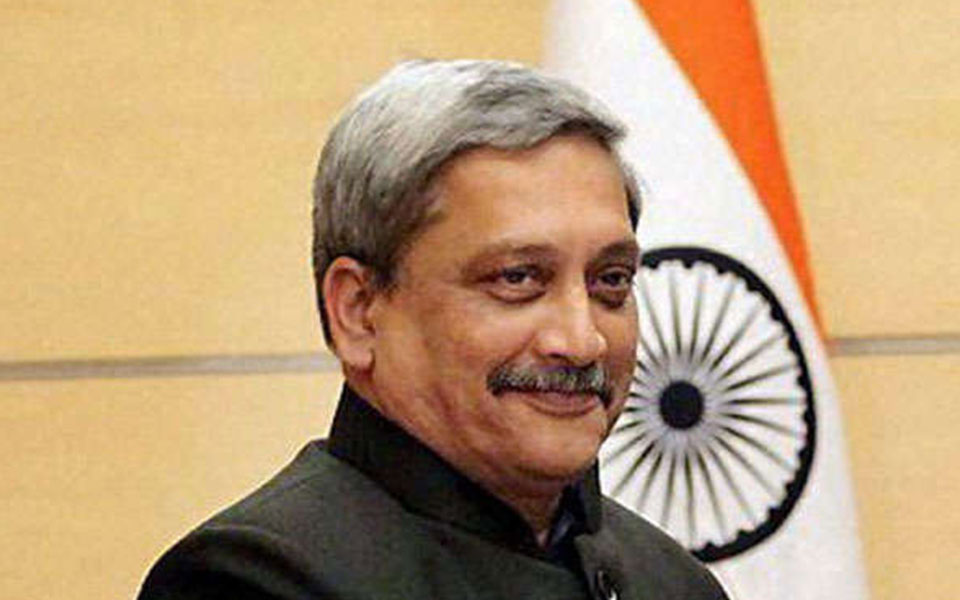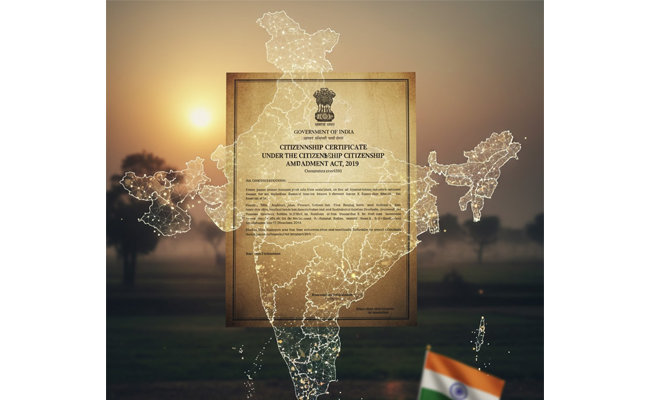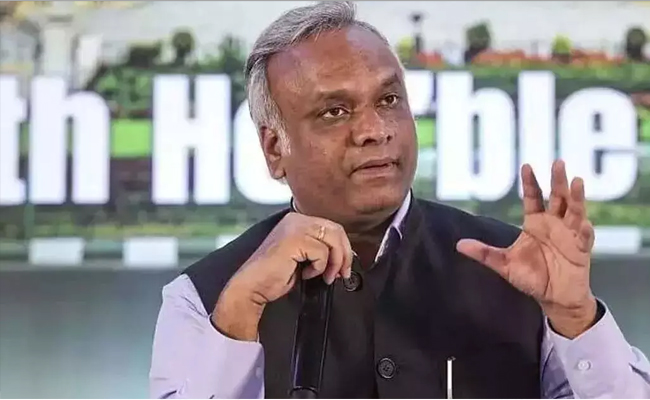Panaji, May 14: The Congress on Monday accused ailing Chief Minister Manohar Parrikar of addressing only party workers and ignoring Goans in his brief video address, which was broadcast at the one-day BJP booth workers' convention held near here on Sunday.
"We are sympathetic to the fact that the Chief Minister is ill. But in his video address, he completely ignored the people of Goa and only spoke about BJP karyakartas. This is completely unacceptable and shows partisanship on part of Parrikar," Congress spokesperson Siddhanath Buyao told the media here.
Parrikar is currently undergoing advanced treatment for pancreatic cancer in the US where he was shifted in March, a month after he was first admitted to a Mumbai hospital for stomach pain, which was subsequently diagnosed as cancer.
The video address is the first 'public' appearance made by Parrikar since March.
In his address, Parrikar urged party workers to prepare for the upcoming Lok Sabha elections and said that he would be returning to Goa "in a few weeks".
Buyao also attacked BJP national president Amit Shah, who was also present at the Sunday convention, for not clarifying a statement he made in Karnataka on the ongoing Mhadei inter-state water dispute.
"Shah was completely quiet on it and so were the BJP workers. We expected the BJP workers to question Shah about his statement in Karnataka on the Mhadei issue."
Shah, in an election meeting in Karnataka, promised to share water from the river to Karnataka within six months, even as the case is being heard by a Tribunal appointed by the Central government.
Let the Truth be known. If you read VB and like VB, please be a VB Supporter and Help us deliver the Truth to one and all.
Dehradun(PTI): After undergoing rigorous training at the Indian Military Academy (IMA) in Dehradun, 491 cadets participated in a grand Passing Out Parade on Saturday and will now be commissioned as officers in the Indian Army.
The spectacular parade, held at the historic Drill Square in front of the academy's Chatwood Building, was reviewed by Army Chief General Upendra Dwivedi, who served as the reviewing officer.
Along with 491 Indian cadets, 34 foreign cadets from 14 friendly countries also participated in the Autumn Term 2025 Passing Out Parade.
A total of 525 officer cadets from the 157th Regular Course, 46th Technical Entry Scheme, 140th Technical Graduate Course, 55th Special Commissioned Officers Course, and Territorial Army Online Entrance Exam 2023 Course participated in the Passing Out Parade.
The 'Sword of Honour' and gold medal for securing first place during training was awarded to ACA Nishkal Dwivedi, the silver medal to BUO Badal Yadav for second place, and the bronze medal to SUO Kamaljeet Singh for third place.
The silver medal for securing first place in the 'Technical Graduate Course' was awarded to Officer Cadet Jadhav Sujit Sampat, and the silver medal for first place in the 'Technical Entry Scheme-46' was awarded to WCC Abhinav Mehrotra.
The silver medal for the 'Special Commission Officer Course' was given to Officer Cadet Sunil Kumar Chhetri.
Among the foreign cadets, the first place in merit was secured by JUO Mohammad Safin Ashraf from Bangladesh. The Army Chief's Banner for overall best performance in the Autumn Term was awarded to Imphal Company.
As the parade concluded, helicopters showered flowers on the newly commissioned officers from the sky.
On this occasion, General Dwivedi congratulated the new officers in his address for successfully completing their training. He praised the young officers for their high level of discipline, leadership qualities, and endurance, and urged them to uphold the glorious traditions of the Indian Army and serve the nation with loyalty, commitment, and honour.
General Dwivedi said that joining the army marks the beginning of a lifelong duty and selfless service.
The parents and guardians of the newly commissioned officers were also present during the passing out parade.





